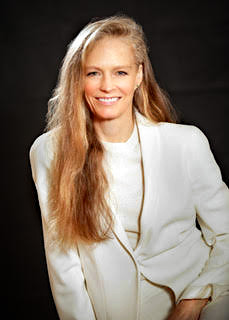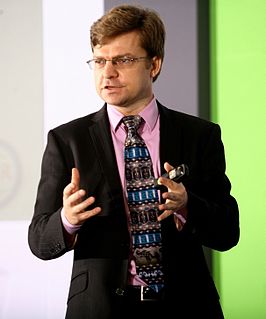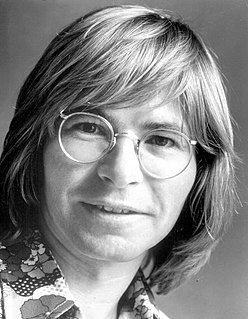A Quote by Bill Gates
We make the future sustainable when we invest in the poor, not when we insist on their suffering.
Related Quotes
Regardless of the administration or who's in Congress, when you look at the outcomes of what what's been happening, there are opportunities for us to invest in infrastructure, to create more equity, to invest in new technologies, to create future - jobs focused on the future not industries from the past.
I suppose that's a question most often asked of me by people who would like to make a positive contribution towards a sustainable future and a healthy environment. There are so many things that need to be done that sometimes it seems overwhelming. I try to remind everyone that no one person has to do it all but if each one of us follows our heart and our own inclinations we will find the small things that we can do, and together we will come up with enough to create a sustainable future and a healthy environment.
Believing there is no God means the suffering I've seen in my family and indeed all the suffering in the world isn't caused by any omniscient, omnipresent, omnipotent force that isn't bothered to help or is just testing us, but rather something we all may be able to help others with in the future. No God means the possibility of less suffering in the future.
The suffering that food animals undergo, the suffering of those who eat them and profit by them, the suffering of starving people who could be fed with the grain that feeds these animals, and the suffering we thoughtlessly impose on the ecosystem, other creatures, and future generations are all interconnected. It is this interconnectedness of suffering, and its reverse, of love, caring, and awareness, that calls out for our understanding.



































